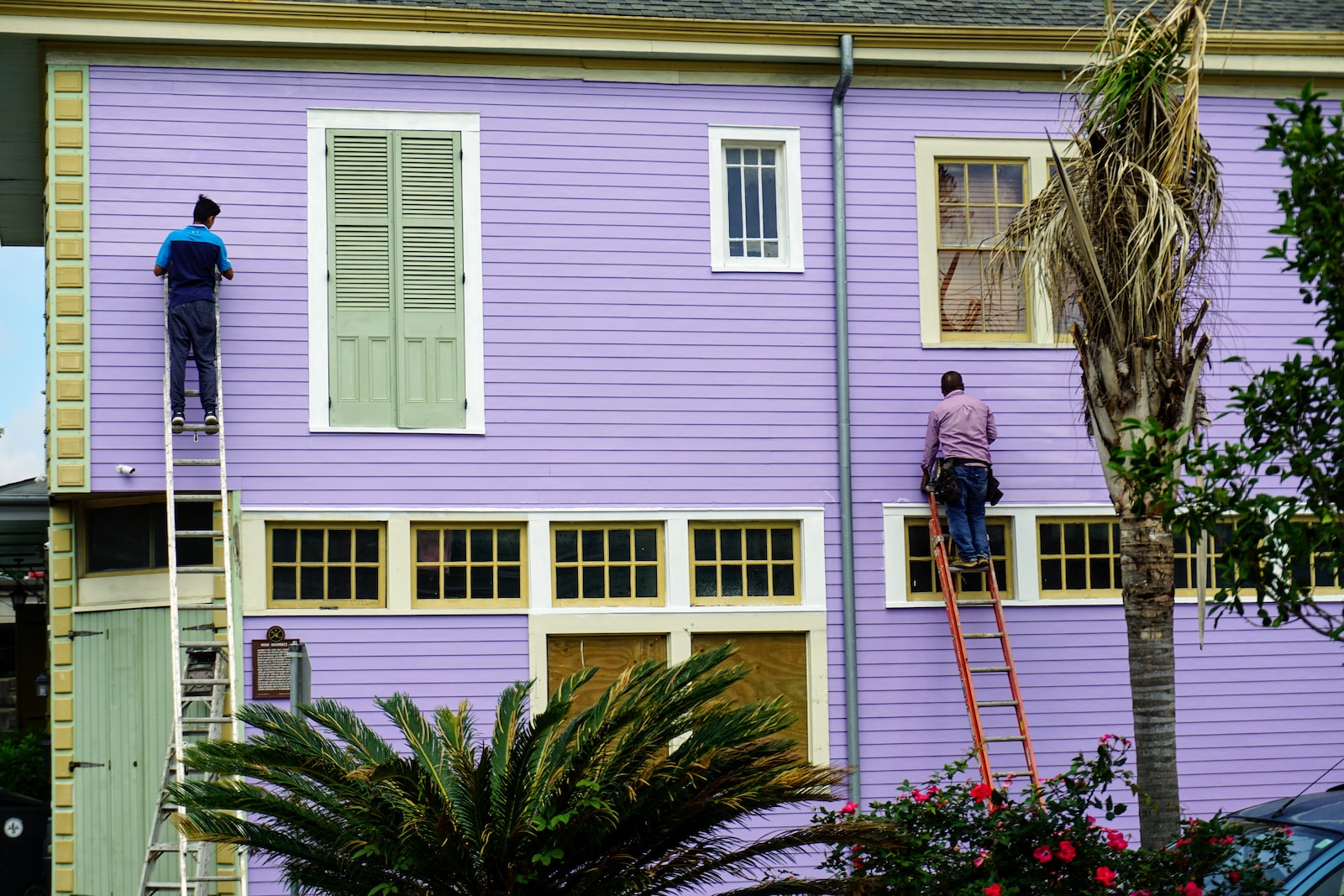Clay Tiles: The Timeless Charm of Traditional Roofing
The importance of a well-designed and durable roof cannot be overstated. It serves as the first line of defense against the elements, shielding your home from sun, rain, wind, and snow. A roof not only protects but also enhances the aesthetic appeal of your house, contributing to its overall value. One option that excels in both functionality and beauty is clay tiles. These tiles have been used for centuries, tracing their origins back to ancient civilizations. The history of clay tiles is rich and culturally significant, reflecting the architectural preferences of different periods and regions.
Advantages of Clay Tiles
Clay tiles are renowned for their durability and longevity, making them a wise long-term investment. These tiles can last for several decades, often outlasting the building they protect. This longevity makes clay tiles a cost-effective choice in the long run. Additionally, clay tiles offer excellent resistance to harsh weather conditions. Whether it’s scorching heat or freezing cold, heavy rainfall, or high winds, clay tiles can withstand it all.
Moreover, the thick composition of clay tiles provides superior insulation, offering natural temperature regulation for your home. During summer, they keep your home cool by reflecting sunlight and minimizing heat absorption. In winter, they retain warmth, helping to reduce heating costs. This energy efficiency can lead to significant savings on your heating and cooling bills. Furthermore, clay tiles require low maintenance and are easy to repair. In the event of a broken tile, it can be easily replaced without disturbing the surrounding area. This convenience adds to the appeal of clay tiles for homeowners. Lastly, the aesthetic appeal of clay tiles is undeniable. They lend a timeless charm to buildings, making them stand out for their traditional elegance.
Different Types of Clay Tiles
Traditional clay tiles come in various shapes and sizes, with the most common types being S-shaped or barrel tiles and flat tiles, also known as pantiles. S-shaped tiles are recognized for their unique form and are commonly seen in Mediterranean architecture. Their distinctive curvature adds visual interest to roofs. On the other hand, flat tiles offer a smooth and sleek look, suitable for both traditional and contemporary designs.
In recent years, modern clay tiles have evolved to offer more variety and functionality. Interlocking tiles, for instance, provide better water resistance and wind uplift protection. These tiles have a locking mechanism that creates a tight fit, preventing water from seeping through. Roman tiles, with their distinctive roll and flat profile, create a pattern of strong vertical and horizontal lines, adding to the visual appeal of roofs. These different types of clay tiles allow homeowners to choose the style that best suits their architectural vision.
Installation and Maintenance Tips
Before installing clay tiles, it’s crucial to conduct a thorough inspection of the roof structure to ensure it can support the weight of the tiles. Clay tiles are relatively heavy, so it’s important to verify that the roof’s structure is sturdy enough to handle the load. The installation process should be carried out meticulously, following the recommended techniques and considerations to ensure optimal performance and longevity.
Regular maintenance is key to preserving the appearance and functionality of clay tiles. It is recommended to clean the tiles regularly to remove debris and prevent the growth of moss or algae. This can be done using a soft brush or a low-pressure washer. Additionally, periodic inspections should be conducted to detect any issues early on. Checking for cracked or damaged tiles, loose fittings, or signs of water leakage can help prevent further damage. Repairing damaged clay tiles is a straightforward process and can be done without professional help, as long as the right tools and techniques are used. Prompt repairs ensure the long-term integrity of the roof.
Cost Considerations and Return on Investment
While the initial cost of clay tiles may be higher than other roofing materials, their long-term benefits and savings make them a worthwhile investment. Their durability means fewer replacements and repairs, resulting in significant savings over time. Additionally, clay tiles can enhance the property value. The timeless charm and elegance they bring to a home can attract potential buyers and increase its resale value. Therefore, clay tiles not only provide functional benefits but also offer a strong return on investment for homeowners.
Environmental Benefits of Clay Tiles
Clay tiles are a sustainable and eco-friendly choice for roofing. They are made from natural materials and do not deplete precious resources. The production process of clay tiles also generates lower emissions compared to other roofing materials. Furthermore, clay tiles contribute to energy efficiency. Their insulation properties reduce the need for excessive heating or cooling, thus reducing carbon emissions and your overall carbon footprint. At the end of their life cycle, clay tiles can be recycled, further reducing waste production and environmental impact. By choosing clay tiles, homeowners can make a positive contribution to the environment.
Conclusion
In conclusion, clay tiles offer numerous advantages, including durability, weather resistance, energy efficiency, and aesthetic appeal. Their timeless charm and lasting appeal make them a great choice for anyone looking to invest in a roof that is not only functional but also adds to the visual appeal of their home. If you’re in the market for a new roof, consider clay tiles – a roofing option that stands the test of time. With their long lifespan, low maintenance requirements, and eco-friendly nature, clay tiles are a reliable and sustainable choice for both present and future homeowners. Choose clay tiles and enjoy the benefits they bring to your home.
